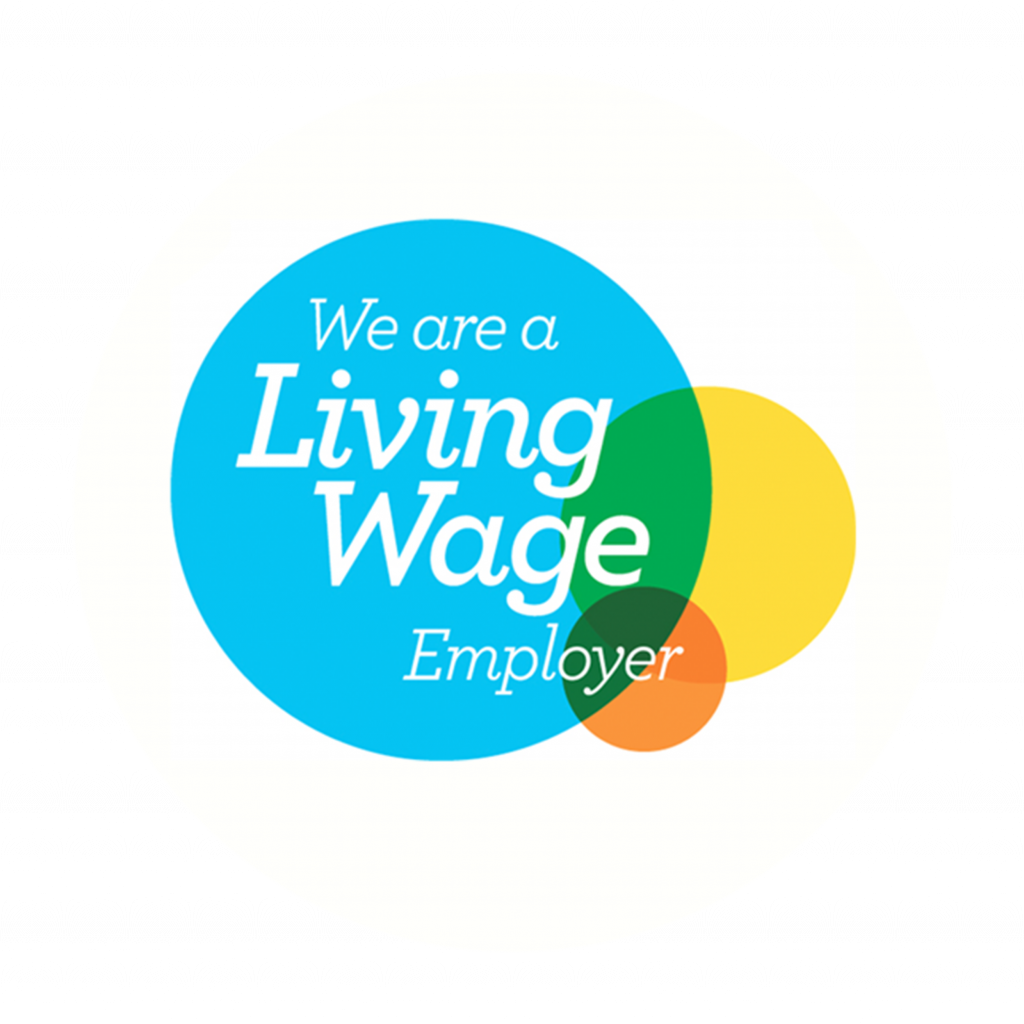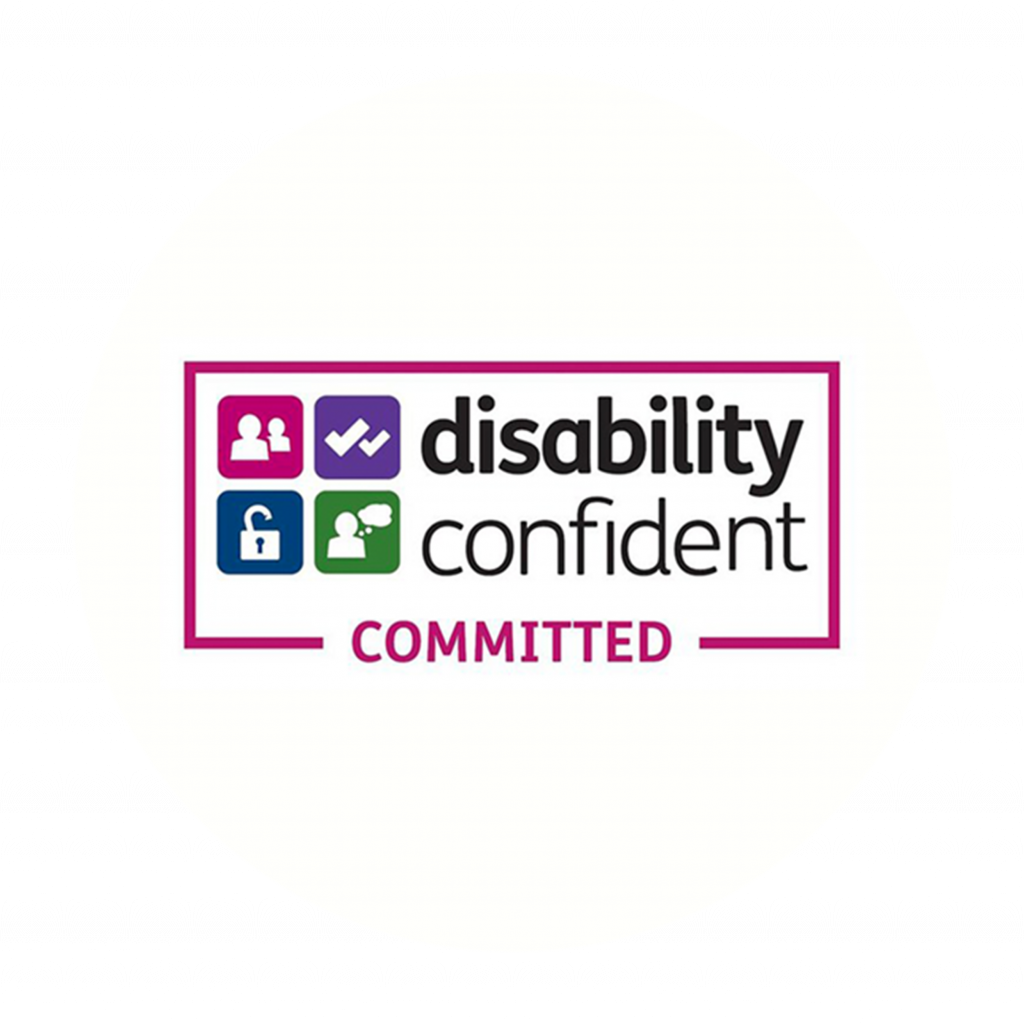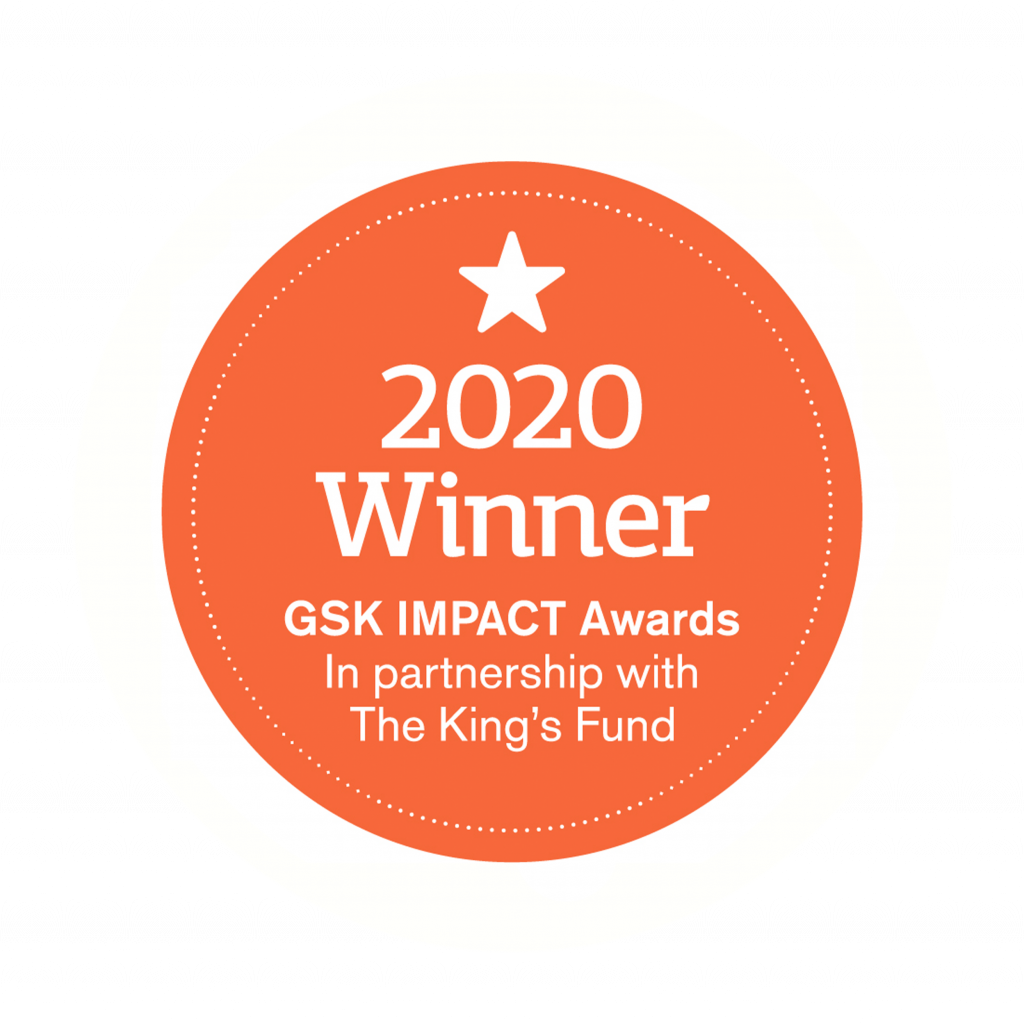Taster webinars for people living with dementia
Playlist for Life offers a variety of free webinars to support people to make and use playlists. These sessions were mainly aimed at care professionals and unpaid carers leaving a gap in the direct support for people living with dementia. Previous Music Lab projects have highlighted the importance of direct support for people with dementia and making space for peer support. We created a session focusing on how a playlist can help people live well with dementia, with more breaks and opportunities for questions and sharing between participants.
The webinar covered:
- How a playlist can benefit people with dementia
- How to pick out the music for a playlist
- Ways to listen to a playlist
- Opportunities to share experiences and musical memories
Before offering this session publicly, we wanted to get some input from our Music Lab participants to make sure that it was accessible, interesting, and useful. We ran two small-scale taster sessions with 5 people with dementia, one of whom was supported by a family carer.
Feedback was very positive, and constructive suggestions helped to improve the course.

Tone
All participants said they enjoyed the positive and informal tone, highlighting that this was key to making session enjoyable and accessible for people. They felt there was a good balance between explaining the medical and therepeutic benefits of playlists without using any jargon.
Content
Participants particularly like the Music Detective tips for tracking down songs as they felt this would be very useful for people who find it hard to recall songs and memories.
While the session is aimed at people in the earlier stages of dementia and focuses on living well, we also explored how playlists can help people manage symptoms of dementia they may experience in the future. Participants all felt that it was important to highlight these benefits as they wanted to be aware of things that can help as dementia progresses, but agreed that it needed to be approached with sensitivity.
Participants were keen to see more people with dementia sharing their experience of the benefits. We have created a new video sharing the experiences of a range of people we have worked with talking about how playlists have helped them in different ways.
Format
One of the key learnings from previous Zoom feedback sessions in Music Lab projects was the importance of participants being able to raise a point when it came to mind rather than having to wait. We altered the standard format of our webinars to include more opportunities for more discussion, but also gave participants the option to jump in at any time with questions they had. This worked well and did not interrupt the flow of the session. This format will be a key feature of these webinars moving forward
General tips for running an online session with people with dementia
- Use slides as visual aids but keep them simple and easy to read. Bright colours can be distracting and black text on white or yellow is easiest to read.
- Include a brief summary at the end of the session of to highlight the main points again.
- Don’t assume that everyone you are talking to has the same life experience, taste in music, or experience of living with dementia etcetera.
- Suggest to people that they bring a notebook to the session to note down key points or questions.
- Have a second facilitator to support with technical issues or questions.

“[The webinar] is a great idea. I think if people are just given a little bit of encouragement and given some guidance it could really help. Playlist for Life is superb, I’ve seen it work so many times”
Iain Fraser
We have already implemented these recommendations for sessions we run and will make the session plans available as a resource for our Help Points to better support the people living with dementia in their community.





